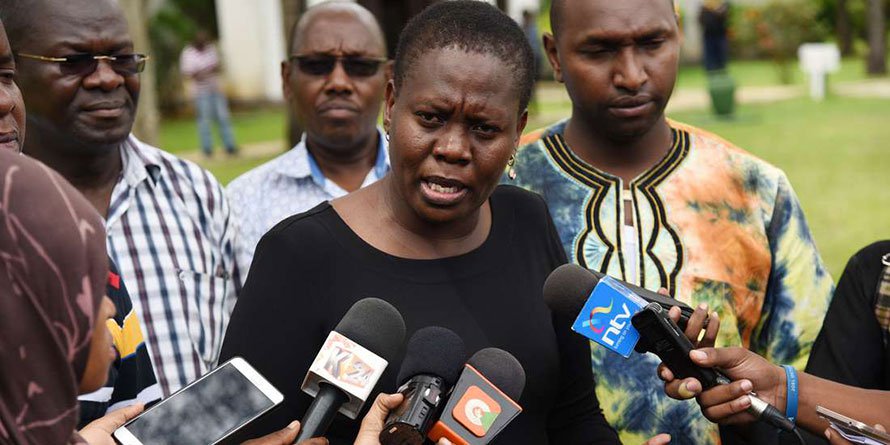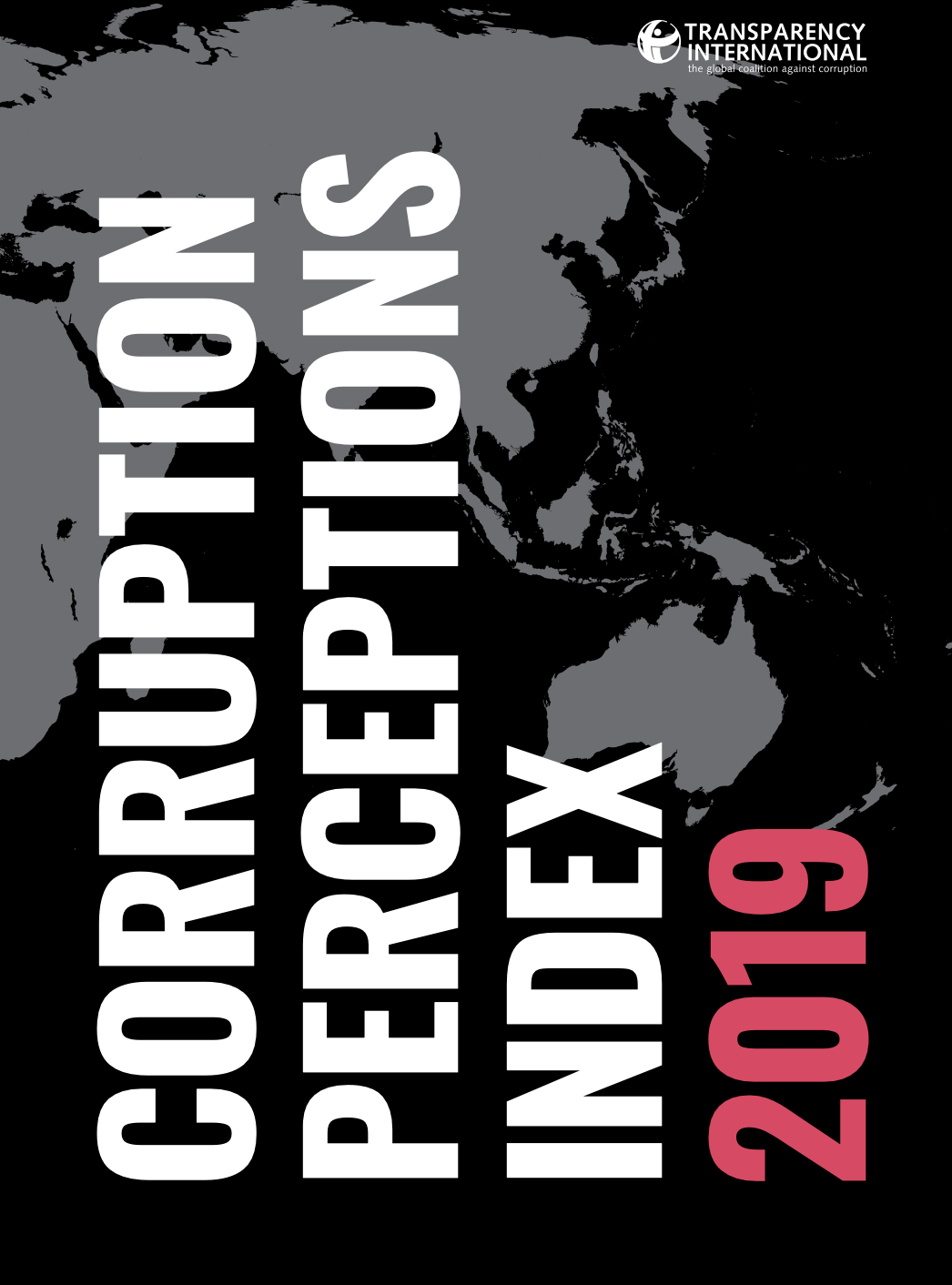Social and Environmental Impacts of Agricultural Large-Scale Land Acquisitions in Africa – With a Focus on West and Central Africa
Focuses on the reported social and environmental impacts of large-scale land transactions (LSLAs) in Africa, with a focus on West and Central Africa (WCA). Provides an analysis of 18 case studies that are among the best-documented LSLAs in terms of their impacts covering Cameroon, Ghana, Liberia, Mali, Rwanda, Senegal, Sierra Leone, Mozambique, Tanzania, and Zambia. Impacts were classified into five groups: tenure, land governance process, economic and livelihood, human and sociocultural, environmental.











